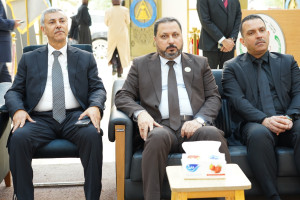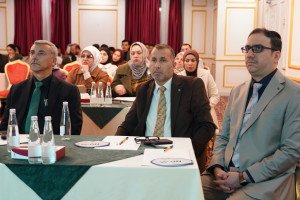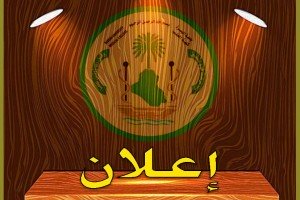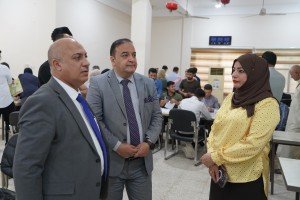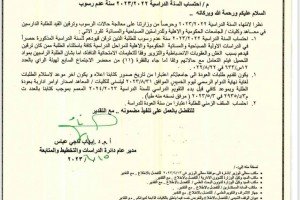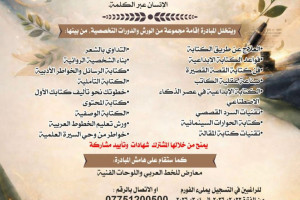
Medical skills that should be learned by the graduating students include:
1. Obtaining an accurate medical history.
2. Performing proper clinical examination.
3. Performing basic life support, cannulation, catheterization, intubation, and other live saving procedures.
4. Ability to use history, physical examination and investigations in the differential diagnosis of diseases and their management.
5. Mastering the art of communication with patients and their families and the community at large.
6. Demonstrating medical ethics in dealing with patients with honesty and integrity and with commitment to perfection in their professional responsibilities.
The curriculum committees are now taking an effort to make the medical curriculum outcome-based so that knowledge and skills learned by the graduates are based on their future role in the community they will work in. This can be achieved through understanding of the health challenges, prevention and control of diseases and promotion of health, and through development of students clinical decision-making capabilities.
The college has a well-equipped clinical skills lab with computer-based manikins and four well equipped teaching rooms for the four clinical specialties including advanced trauma life support equipment. The lab is being used for training of the 3rd, 4th, 5th, and 6th year medical students
Small group teaching is now an integral part of the clinical training (Internal medicine, Surgery, Gynecology and Obstetrics, Pediatrics) with the use of log book for the 6th year students only. Practically, programmed clinical teaching is now well implemented. Some of the basic sciences are now moving ahead to teach students in small groups in practical sessions.


